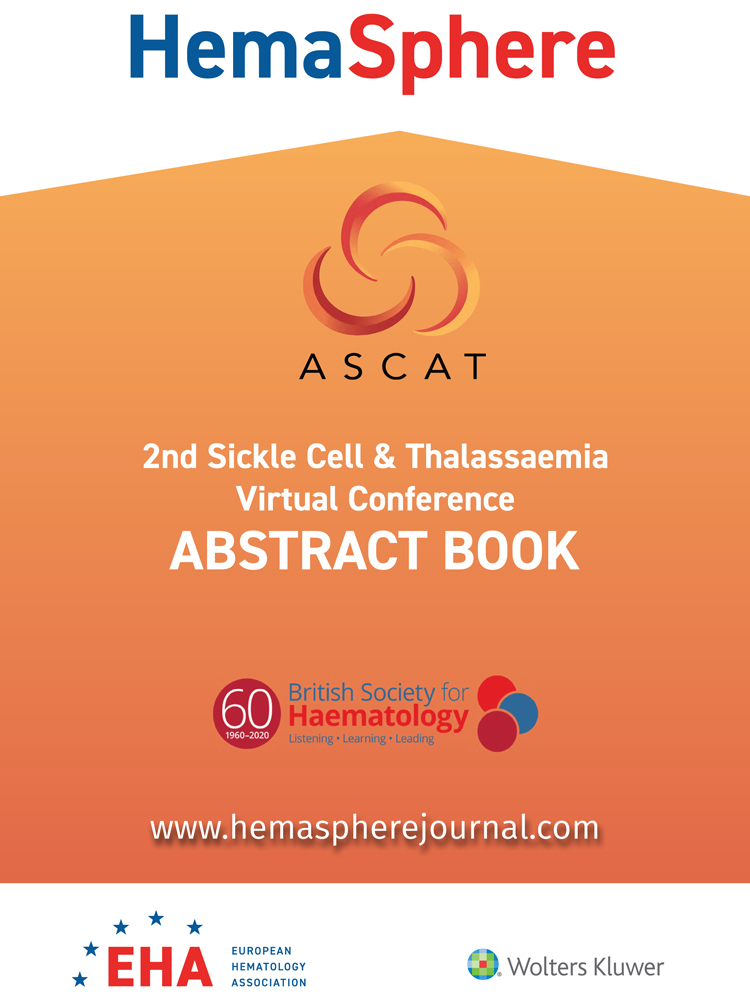P117: THE INTERNATIONAL HAEMOGLOBINOPATHY RESEARCH NETWORK (INHERENT): AN INTERNATIONAL INITIATIVE TO STUDY THE ROLE OF GENETIC MODIFIERS IN HAEMOGLOBINOPATHIES
Background: Haemoglobinopathies, including sickle cell disease (SCD) and thalassaemia syndromes, represent the commonest monogenic diseases in the world. Although their pathogenicity is well established, the diverse clinical manifestations and the varying degree of severity are less understood and are thought to be governed, in part, by genetic modifiers. Despite the identification and characterisation of a few genetic modifiers by previous studies, these are as yet insufficient to guide treatment recommendations or stratify patients reliably. Larger, multi-ethnic studies are needed to identify and validate further disease modifiers that can be used for patient stratification and personalised treatment. There is a growing need for deeper insight with the availability of novel targeted therapies and potentially curative options like gene therapy in both SCD and thalaessemia.
Aims: The International Haemoglobinopathy Research Network (INHERENT) is a recently established network with the aim of investigating the role of genetic modifiers in haemoglobinopathies, through a large-scale, multi-ethnic genome-wide association study (GWAS).
Methods: INHERENT brings together nine existing international or regional consortia in the field of haemoglobinopathies, namely ITHANET, RADeep, ARISE, SPARCO, SADaCC, REDAC, the HVP Global Globin Network, the International Health Repository, and the ClinGen Haemoglobinopathy VCEP. The activities of INHERENT are currently divided into five working groups, as follows: clinical, genotyping, data management and analysis, ethics, and knowledge translation. Participation in INHERENT is open for any group that can submit a minimum number of samples with their core phenotypic description. INHERENT membership is international and interdisciplinary and, currently, includes over 160 experts from 89 organisations, spanning 36 countries worldwide (Figure). INHERENT aims to recruit over 30,000 haemoglobinopathy patients, which is over one order of magnitude larger than any previous GWAS in the field.
Summary: We demonstrate that the current membership of INHERENT has the potential to reach this sample size target. The large increase in the sample size and the diversity in the studied populations will enable novel discoveries and expand knowledge on haemoglobinopathy genetics, thus paving the way for advancing the science of personalised diagnosis and treatment.
References
1. Kountouris P, et al, Am J Hematol 2021; Aug 18.





